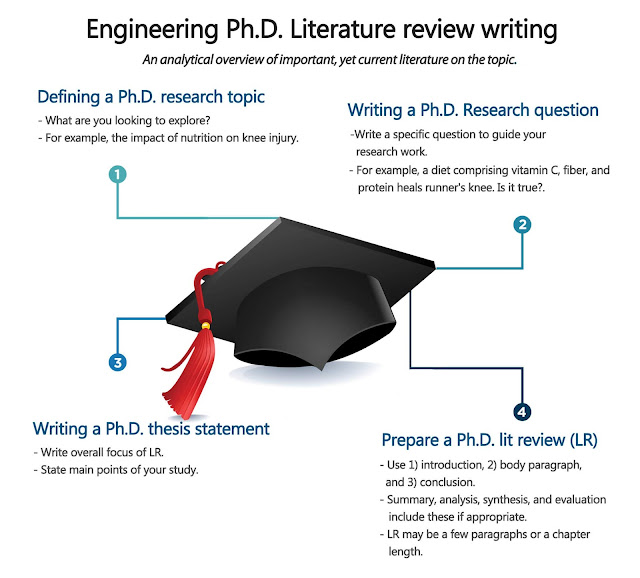PhD Data Analysis – An Interesting Challenge To Conquer For Younger Minds
Why is PhD data analysis a tough task?
 You might have spent much number of hours in collecting data for your doctoral degree. You would have tried various sources and methods to collect data related to your topic of research. But the real challenges lies in PhD data analysis using various statistical methods to arrive at a solid conclusion to support your chosen topic.
You would find that when analyzing a data, it is tougher than collecting inputs of data for your research. Also, PhD data analysis plays a vital role as it revolves around your entire dissertation topic. The inference you derive as a result of your data analysis helps you to support your topic or argument involved in the study. You have to remember that while analysing the data collected by you, you have to be very patient throughout the process as it takes a lot of time to complete it. Also you have to devote your concentration entirely on the PhD data analysis to ensure nothing goes wrong at any place as, you would have repeat it again.
To make your PhD data analysis a successful one, it is essential that you are well aware of various statistical methods and procedures which helps to perform the analysis in a better way. With a short period of training in the statistical methodologies with your mentor or PhD guide, you can master it effectively.
This is an essential part of PhD data analysis as some statistical tests such as the correlation analysis, regression, ANOVA tests, time series test, testing of hypothesis, MANOVA test, T test, chi square test and Z test are required to perform the analysis on the data effectively. You can also seek the services of your mentor when arriving at the test results for your dissertation. These tests ensure that your PhD data analysis is reliable and helps to support your argument.
You might have spent much number of hours in collecting data for your doctoral degree. You would have tried various sources and methods to collect data related to your topic of research. But the real challenges lies in PhD data analysis using various statistical methods to arrive at a solid conclusion to support your chosen topic.
You would find that when analyzing a data, it is tougher than collecting inputs of data for your research. Also, PhD data analysis plays a vital role as it revolves around your entire dissertation topic. The inference you derive as a result of your data analysis helps you to support your topic or argument involved in the study. You have to remember that while analysing the data collected by you, you have to be very patient throughout the process as it takes a lot of time to complete it. Also you have to devote your concentration entirely on the PhD data analysis to ensure nothing goes wrong at any place as, you would have repeat it again.
To make your PhD data analysis a successful one, it is essential that you are well aware of various statistical methods and procedures which helps to perform the analysis in a better way. With a short period of training in the statistical methodologies with your mentor or PhD guide, you can master it effectively.
This is an essential part of PhD data analysis as some statistical tests such as the correlation analysis, regression, ANOVA tests, time series test, testing of hypothesis, MANOVA test, T test, chi square test and Z test are required to perform the analysis on the data effectively. You can also seek the services of your mentor when arriving at the test results for your dissertation. These tests ensure that your PhD data analysis is reliable and helps to support your argument.
 You might have spent much number of hours in collecting data for your doctoral degree. You would have tried various sources and methods to collect data related to your topic of research. But the real challenges lies in PhD data analysis using various statistical methods to arrive at a solid conclusion to support your chosen topic.
You would find that when analyzing a data, it is tougher than collecting inputs of data for your research. Also, PhD data analysis plays a vital role as it revolves around your entire dissertation topic. The inference you derive as a result of your data analysis helps you to support your topic or argument involved in the study. You have to remember that while analysing the data collected by you, you have to be very patient throughout the process as it takes a lot of time to complete it. Also you have to devote your concentration entirely on the PhD data analysis to ensure nothing goes wrong at any place as, you would have repeat it again.
To make your PhD data analysis a successful one, it is essential that you are well aware of various statistical methods and procedures which helps to perform the analysis in a better way. With a short period of training in the statistical methodologies with your mentor or PhD guide, you can master it effectively.
This is an essential part of PhD data analysis as some statistical tests such as the correlation analysis, regression, ANOVA tests, time series test, testing of hypothesis, MANOVA test, T test, chi square test and Z test are required to perform the analysis on the data effectively. You can also seek the services of your mentor when arriving at the test results for your dissertation. These tests ensure that your PhD data analysis is reliable and helps to support your argument.
You might have spent much number of hours in collecting data for your doctoral degree. You would have tried various sources and methods to collect data related to your topic of research. But the real challenges lies in PhD data analysis using various statistical methods to arrive at a solid conclusion to support your chosen topic.
You would find that when analyzing a data, it is tougher than collecting inputs of data for your research. Also, PhD data analysis plays a vital role as it revolves around your entire dissertation topic. The inference you derive as a result of your data analysis helps you to support your topic or argument involved in the study. You have to remember that while analysing the data collected by you, you have to be very patient throughout the process as it takes a lot of time to complete it. Also you have to devote your concentration entirely on the PhD data analysis to ensure nothing goes wrong at any place as, you would have repeat it again.
To make your PhD data analysis a successful one, it is essential that you are well aware of various statistical methods and procedures which helps to perform the analysis in a better way. With a short period of training in the statistical methodologies with your mentor or PhD guide, you can master it effectively.
This is an essential part of PhD data analysis as some statistical tests such as the correlation analysis, regression, ANOVA tests, time series test, testing of hypothesis, MANOVA test, T test, chi square test and Z test are required to perform the analysis on the data effectively. You can also seek the services of your mentor when arriving at the test results for your dissertation. These tests ensure that your PhD data analysis is reliable and helps to support your argument.
Related Service



Comments
Post a Comment